I'm eager to know,
- how many package names on CRAN have two, three, N characters?
- which combinations have not yet been used ("unpoppler")
- how many package names use full-caps, or camelCase?
- how many package names end in 2?
I think it might reveal some interesting facts.
Edit: bonus points for animated graphics showing the time-evolution of CRAN packages.


